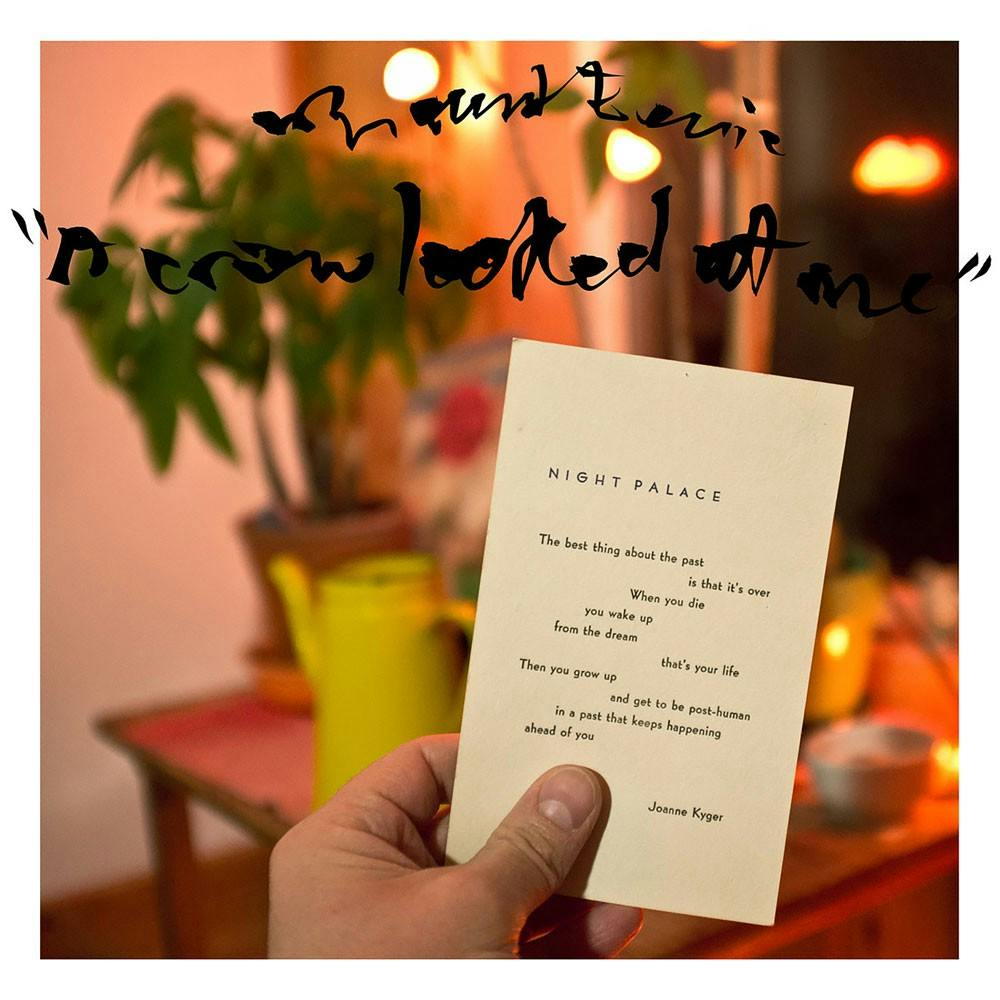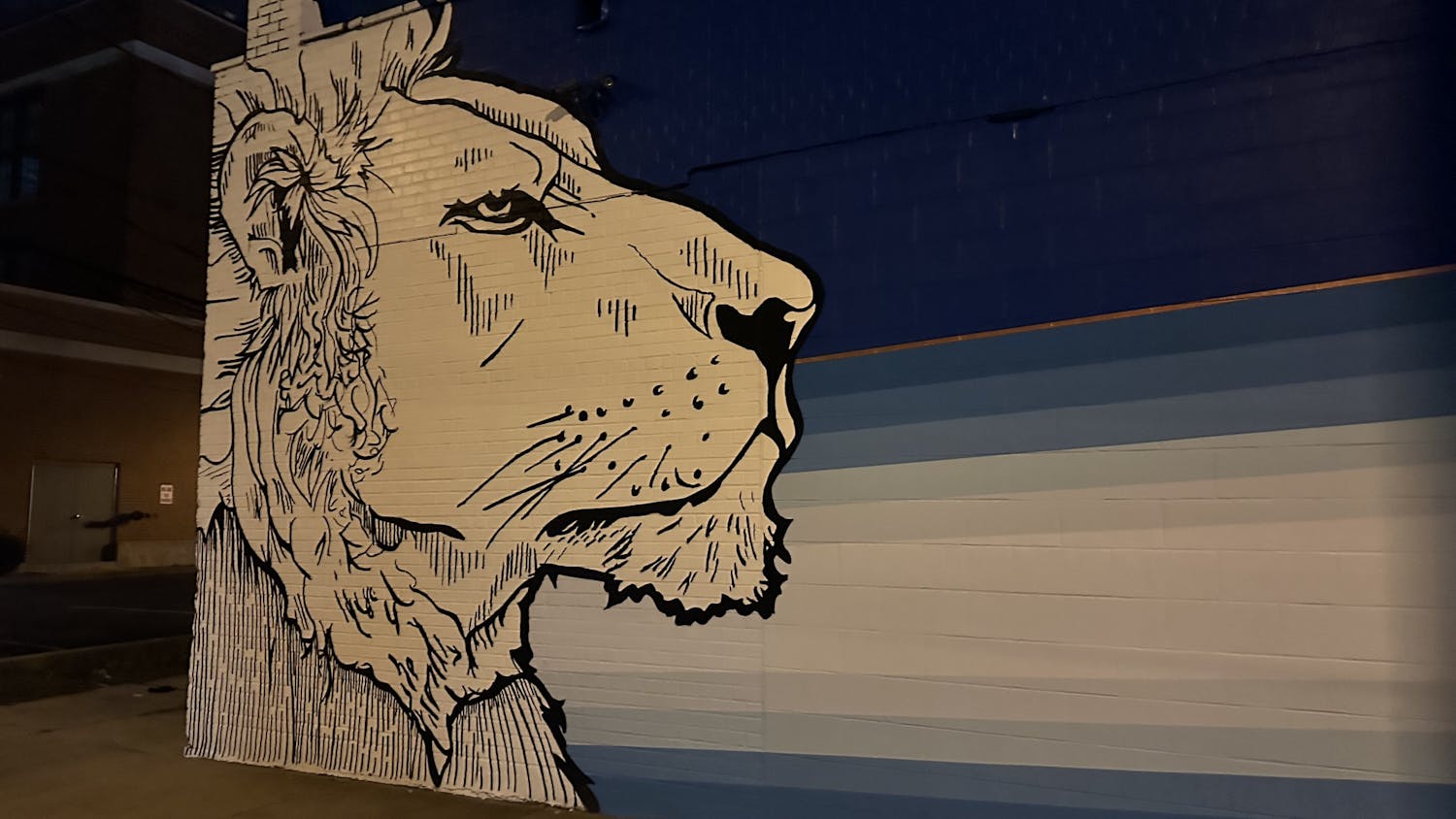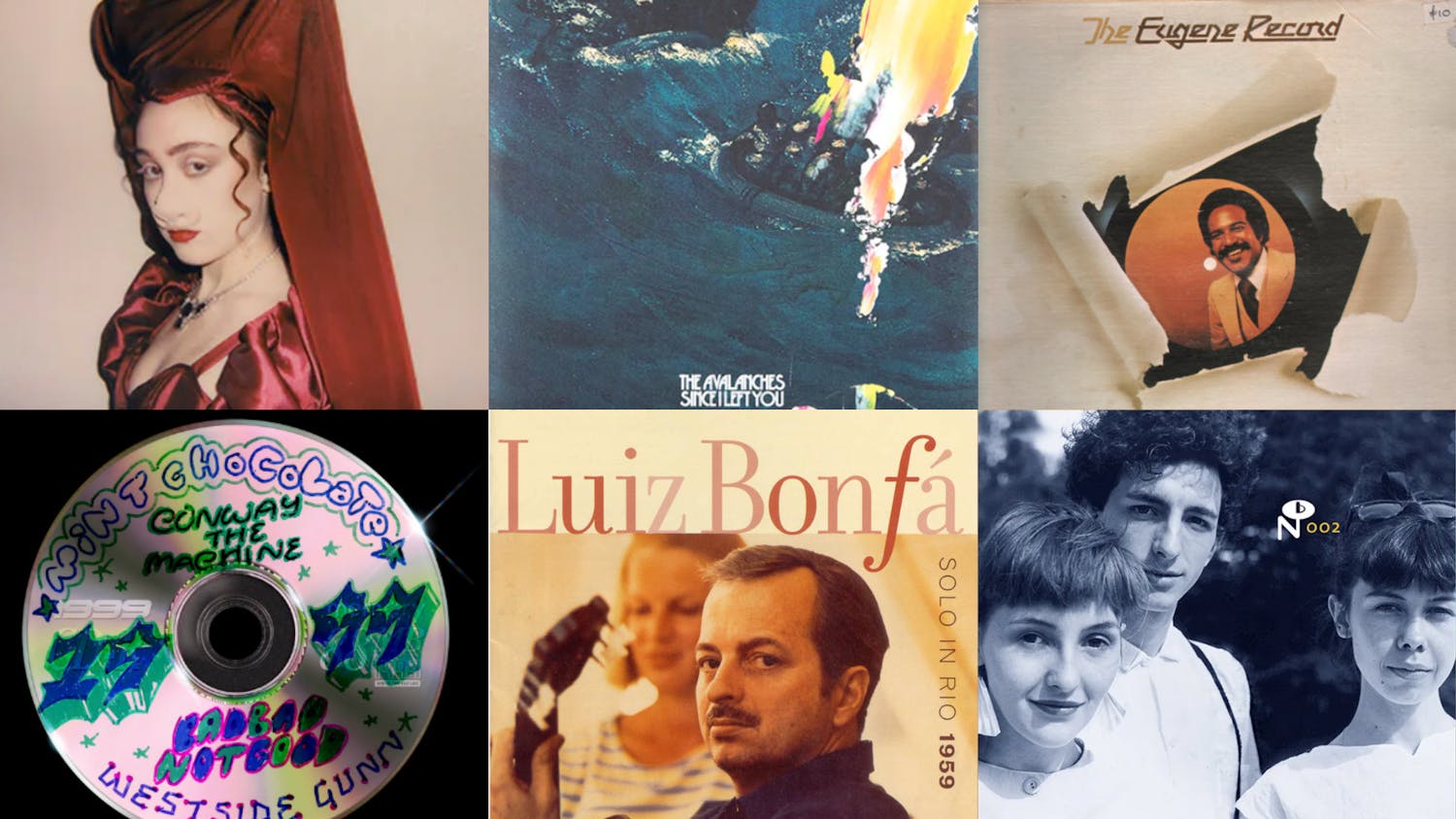Album: A Crow Looked at Me
Artist: Mount Eerie
Label: P.W. Elverum & Sun
Release: March 24
Grade: A+
In the midst of listening to this record, I almost began to feel wrong for reviewing it. I felt as though I learned something about someone else, something that I wasn’t supposed to know.
A Crow Looked at Me, the latest record by singer-songwriter Phil Elverum’s project Mount Eerie, is one of the most intensely personal musical experiences I’ve ever had. On this record, Elverum bares his soul to listeners and adds another melancholy folk opus to his growing discography.
The artist has been involved in other groups like The Microphones and D+. The groups took a more experimental approach to indie rock and folk styles that were popular in the late ’90s and early ’00s.
Where Mount Eerie differs from these other music projects is in the fact that Elverum is Mount Eerie’s only member. This gives him full creative reign to explore the sounds that gave him name recognition in years past.
Like most of the records Elverum has worked on, the subject of A Crow Looked at Me is Elverum’s personal turmoil. From his time in The Microphones to his present work in Mount Eerie, Elverum has mastered the art of the lo-fi, home recorded album.
Records like The Glow Pt. 2, Mount Eerie, and Lost Wisdom show Elverum’s true talent – a talent for crafting roughly recorded, deceptively complex folk with an experimental edge, all while imparting his inner demons upon listeners.
Instrumentally, this is one of Elverum’s quieter and more stripped-back releases. The 11 tracks presented here are largely driven by very muted, acoustic guitar passages, which are occasionally punctuated by piano sounds and some light hand percussion.
This album could be viewed as being a little too quiet and could use more instrumental diversity but I believe otherwise. The album’s quietness gives Elverum more room to breathe in the mix to deliver his lyrics.
It’s the subtlety of this record that definitely makes it one worth revisiting. I don’t believe the melodies being played on tracks like “Soria Moria” and “My Chasm” can be best appreciated after only one listen.
Elverum’s lyrics are often noted for reading like poetry – lyrics with denseness, intricate imagery and metaphors comparing his struggles to elements of nature. On A Crow Looked at Me, however, Elverum deals with what could be his greatest emotional battle: his grief over the loss of his wife Geneviève.
A Crow Looked at Me has been compared to albums of a similar theme like Sun Kil Moon’s Benji or Sufjan Stevens’ Carrie & Lowell on the grounds of these albums all covering similar themes, but A Crow Looked at Me is decidedly different. Benji and Carrie & Lowell both largely center themselves on themes of death and reminiscing of the past; A Crow Looked at Me makes no room for happiness.
This album is about grief and one man’s attempt to work through one of the most traumatic experiences of his life. In his lyrics, Elverum finds himself unable to stop reminiscing, though all this brings him is anguish and a bitter sadness.
On the track “Ravens,” Elverum returns to a wooded area that held some significance to him and his wife. He seeks some sense of closure, only to find himself sitting on a mossy log sobbing.
On other tracks like “My Chasm,” the artist adopts the idea that those close to him are sick of his constant reminiscing, asking the listener in a frank manner, “Do the people around me want to keep hearing about my dead wife?”
The album’s lyrics are most definitely its central focus and they feature all of the hallmarks typical of Elverum’s writing.
This album is rife with nature symbolism like on the closing track “Crow,” which appears to use the titular bird as a symbol for his wife, his wife’s death or even death itself.
Tracks like “Crow” and “Emptiness Pt. 2” are some of the more cryptic tracks on the record. In the latter, Elverum seems to personify the lack of his wife’s presence in a bizarre and haunting moment.
The symbolism in Elverum’s writing, along with his preference for eschewing traditional song structures, makes the exact meaning of each track rather difficult to suss out. This, combined with the incredibly sleepy sounds in the instrumentals, can make this album feel somewhat opaque and impenetrable to listeners expecting more of an immediate experience.
For anybody who wants to hear an incredibly depressive and impactful folk album with a lot to say, however, this album is not to be missed. This album, in how dense and potentially confusing it can be, perfectly captures the feelings of grief over loss that Elverum feels.
Grief can be messy and grief can sometimes be confusing. Elverum, however, tries to work through what he’s feeling through music. Whether or not the final product makes perfect sense comes secondary to the promise of catharsis.
Considering all this, saying that I love this album is rather strange. The music and the lyrics contained within this 41-minute experience is absolutely breathtaking and should not be missed. To contrast that, knowing what happened to inspire this work of art makes loving it a bittersweet experience.
I’m sorry for your loss, Phil.
Nick Cieri is a staff writer and can be reached at arts@ubspectrum.com.





